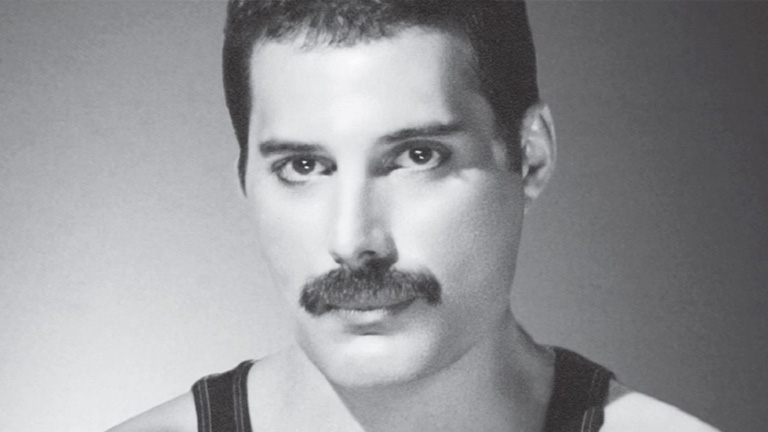Freddie Mercury, born Farrokh Bulsara, was a British singer, songwriter, and record producer, best known as the lead vocalist and a co-founder of the iconic rock band Queen. With a career spanning over two decades, Mercury left an indelible mark on the music industry, captivating audiences with his mesmerizing stage presence, impressive vocal range, and innovative songwriting style.
Early Life and Career
Born on September 5, 1946, in Zanzibar (now Tanzania), Mercury grew up in a Parsi family from India. He began taking piano lessons at the age of nine and later attended St. Peter's Boys School in Panchgani, India, where he formed his first band, The Hectics. After relocating to England with his family, Mercury attended art college in London, where he met his future bandmates Brian May and Roger Taylor.
Queen and Rise to Fame
In 1970, Mercury, May, Taylor, and bassist John Deacon formed Queen, which would become one of the most successful and influential rock bands of all time. With Mercury's powerful vocals and impressive stage presence, Queen released their debut album in 1973, but it was their second album, "Queen II," that brought them their first taste of success. The band's unique blend of glam rock, progressive rock, and opera rock, combined with Mercury's incredible vocal range and flamboyant personality, quickly gained them a massive following.
Music and Legacy
Mercury's songwriting skills and innovative production techniques played a significant role in Queen's success. Some of the band's most iconic hits, such as "Bohemian Rhapsody," "We Will Rock You," and "Somebody to Love," were written by Mercury. His impressive vocal range, which spanned four octaves, allowed him to tackle complex compositions and create distinctive vocal harmonies. Mercury's music and performances continue to inspire new generations of fans and artists, with Queen's music remaining widely popular to this day.
Personal Life and Later Years
Mercury's personal life was marked by both turmoil and triumph. He was openly gay, which was a rare and courageous move for a public figure at the time. His relationships and personal struggles were often subject to media scrutiny, but he remained unapologetically himself, using his platform to promote acceptance and inclusivity. Sadly, Mercury's life was cut short when he passed away on November 24, 1991, due to complications from AIDS.
Legacy and Impact
Freddie Mercury's legacy extends far beyond his music. He was a true original, a trailblazer who broke down barriers and challenged social norms. His music and message of acceptance and inclusivity continue to inspire fans around the world. In 1992, the remaining members of Queen established the Mercury Phoenix Trust, a charity organization that supports people affected by HIV and AIDS. Mercury's music and spirit continue to endure, with Queen's iconic hits remaining staples of rock music and their live performances continuing to thrill audiences worldwide.
In conclusion, Freddie Mercury's life and career serve as a testament to the power of creativity, perseverance, and self-expression. As a musician, singer, and songwriter, he left an indelible mark on the music industry, and his legacy continues to inspire and captivate audiences to this day. His music, message, and majestic stage presence will forever be remembered as a celebration of life, love, and the unbridled passion of rock 'n' roll.









